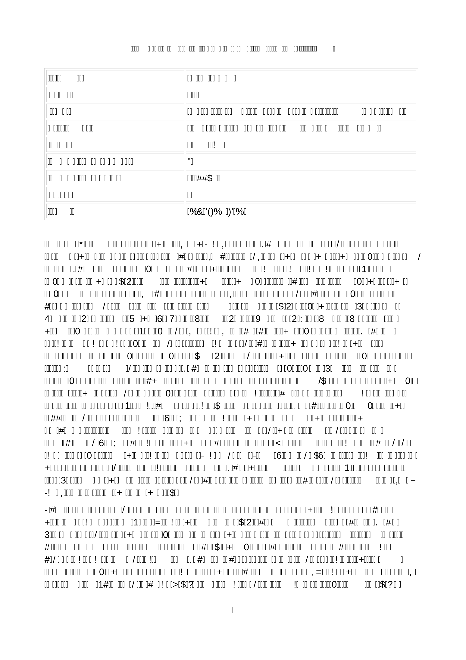Inken Prohl: Die "spirituellen Intellektuellen" und das New Age in Japan
Whether there is, or was, a "New Age" culture in Japan is not entirely clear, since those elements which characterise such a phase of "spirituality" in the western world were available in any case in Japan before the movement captured with this designation got going in the sixties and seventies else...
Đã lưu trong:
| Xuất bản năm: | Marburg Journal of Religion |
|---|---|
| Tác giả chính: | |
| Định dạng: | Artikel (Zeitschrift) |
| Ngôn ngữ: | Tiếng Anh |
| Được phát hành: |
Philipps-Universität Marburg
2002
|
| Truy cập trực tuyến: | Truy cập trực tuyến |
| Các nhãn: |
Không có thẻ, Là người đầu tiên thẻ bản ghi này!
|
| Tóm tắt: | Whether there is, or was, a "New Age" culture in Japan is not entirely clear, since those elements which characterise such a phase of "spirituality" in the western world were available in any case in Japan before the movement captured with this designation got going in the sixties and seventies elsewhere. The main focus of this work, however, is the productions of five writers who have been characterised as "spiritual intellectuals" and it is certainly helpful to have their ideas presented in a systematic and reflected manner, as is done here. The five writers in question are Umehara Takeshi, Nakazawa Shin'ichi, Yamaori Tetsuo, Kamata Toji and Yuasa Yasuo, all of whom have commented extensively on "religion" and proposed, with variations, that Japanese religion, being integrative and mysterious, is generally superior to western religion which is dualistic and destructive of the environment. |
|---|---|
| DOI: | 10.17192/mjr.2002.7.3738 |
